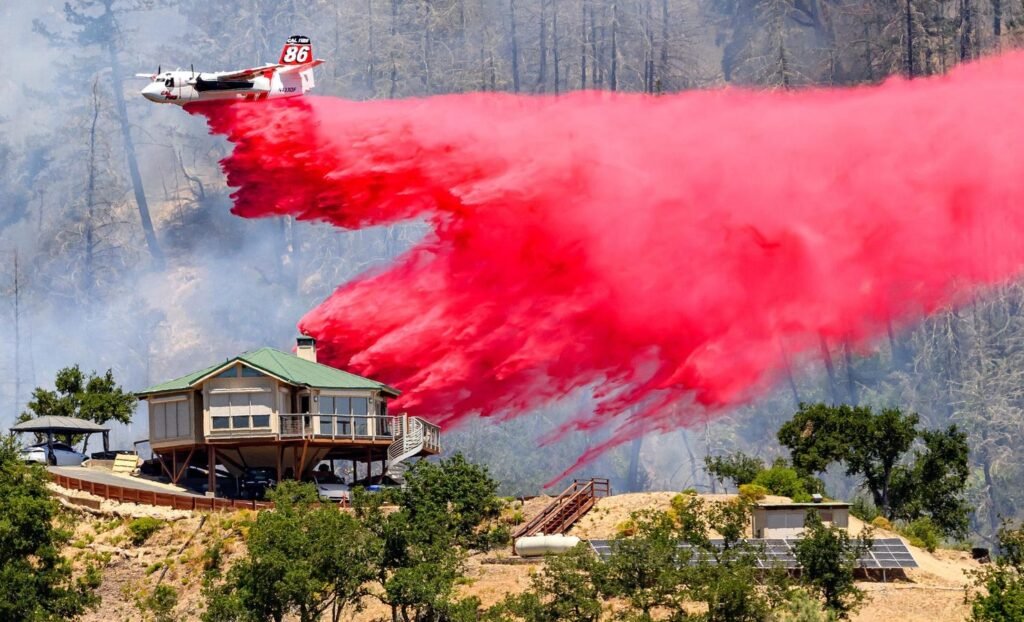Home insurance rates across the country are expected to rise 6% this year, with even higher increases in states with more severe weather events like floods and wildfires. Reinsurers, the firms that insure the insurance companies, are pointing to climate change as a major factor driving these hikes. Swiss Re, the world’s second-largest reinsurer, warns that the U.S. stands to lose significantly from a warming planet, with losses of $97 billion annually due to climate change. Home insurance costs are skyrocketing in states like California and Florida, making homeownership even more challenging for first-time buyers.
Insurers like State Farm are no longer accepting new applications for homeowners’ insurance in California due to increased catastrophe exposure, and many firms are pulling out of states like Florida where climate-related risks are intensifying. Climate experts warn that rapid global warming is lengthening hurricane seasons and intensifying storms, leading to more frequent and more severe natural disasters. The EPA found that coastal flooding has been increasing each decade since 1950, creating further challenges for homeowners and insurers alike.
Financial institutions are struggling to adapt to the changing landscape of climate-related risks, with models used to assess risk often falling short of the mark. A lack of strategic action and necessary investments in mitigation and adaptation measures could leave more homes across the U.S. uninsurable. While the economic costs of climate change are significant, it is low-income countries that are bearing the brunt of its impacts, despite contributing the least to greenhouse gas emissions. However, the U.S. has the resources to invest in mitigation and adaptation measures to combat climate change and protect communities from its impacts.
Research from the International Energy Agency shows that the costs of inaction on climate change far outweigh the costs of action. Swiss Re calculates that the economic benefits of adaptation, such as preparing for extreme weather events, can outweigh the costs significantly. Insurers have a key role to play in investing in communities, underwriting climate-relevant projects, and sharing knowledge of risk to prepare for a costlier and more unpredictable future. With hazards intensifying due to climate change, the insurance industry must adapt its models and underwriting practices to keep pace with evolving risks and protect homeowners and communities from the impacts of a changing climate.

